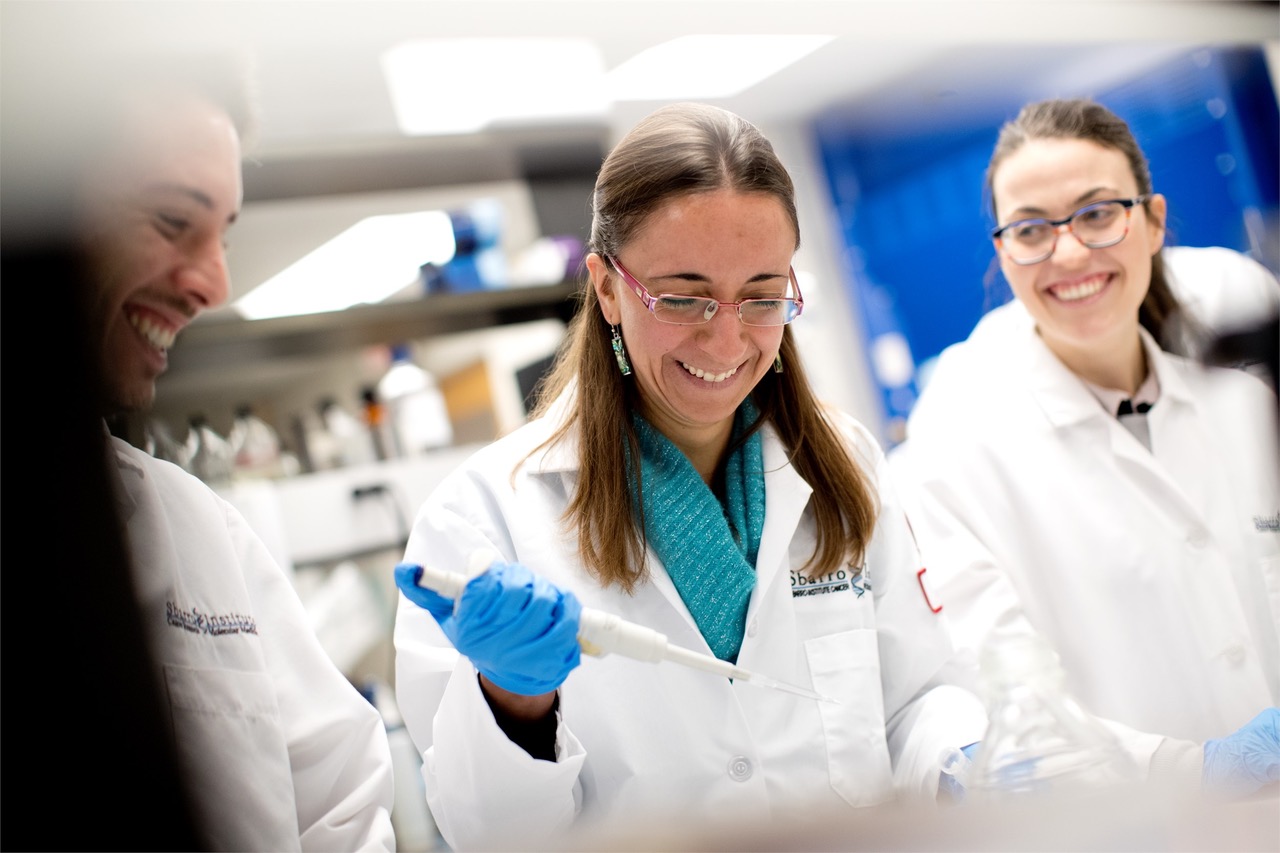SHRO Daily Advice
12 May , 2025

Daily Habits
Our routines shape our long-term health. Scientific evidence shows that certain daily behaviors can lower the risk of developing cancer. According to the American Cancer Society, around 42% of newly diagnosed cancers in the U.S. are potentially avoidable, with 18% related to lifestyle factors like diet, physical activity, and alcohol use.
Here are some evidence-based habits you can adopt to reduce your risk:
1. Avoid Tobacco in All Forms
Tobacco use is responsible for approximately 22% of global cancer deaths. Quitting smoking, even after years of use, greatly reduces the risk of lung, throat, bladder, pancreatic, and cervical cancers.
2. Maintain a Healthy Weight
Being overweight or obese increases the risk of at least 13 different types of cancer, including colorectal, breast (after menopause), endometrial, kidney, and esophageal cancer. Even a modest weight loss can have a positive impact on your health.
3. Get Physically Active
Aim for at least 150 minutes of moderate or 75 minutes of vigorous activity per week. Physical exercise helps regulate hormones, strengthens the immune system, and supports digestion, factors that collectively reduce cancer risk.
4. Eat a Plant-Rich Diet
A diet rich in vegetables, fruits, whole grains, and legumes, and low in red and processed meats, is linked to lower cancer risk. Antioxidants and fiber found in plant-based foods play a protective role against many cancers.
5. Limit Alcohol Consumption
Alcohol is classified as a Group 1 carcinogen by the International Agency for Research on Cancer. Limiting alcohol, or avoiding it entirely,can lower your risk of cancers of the mouth, liver, breast, and more.
6. Protect Your Skin from UV Rays
Skin cancer is the most common form of cancer globally. Use sunscreen, avoid tanning beds, and wear protective clothing when exposed to the sun, especially during peak hours.
7. Get Vaccinated
Vaccines like HPV and Hepatitis B can prevent infections that are known to cause cancer. Talk to your doctor about vaccination schedules for you and your children.
8. Environmental Toxins
At SHRO, we study the link between cancer and environmental pollution. Where possible, limit exposure to chemicals like asbestos, pesticides, benzene, and heavy metals. Opt for safe cleaning products, filtered water, and adequate ventilation in your living spaces.
9. Prioritize Mental Health
Chronic stress may affect the immune system and lead to unhealthy coping behaviors. Activities like meditation, adequate sleep, spending time outdoors, or speaking with a counselor can help protect your overall health.




